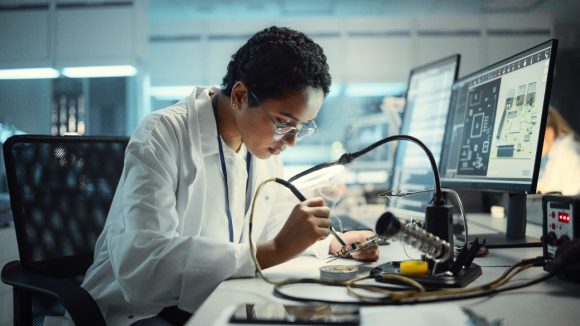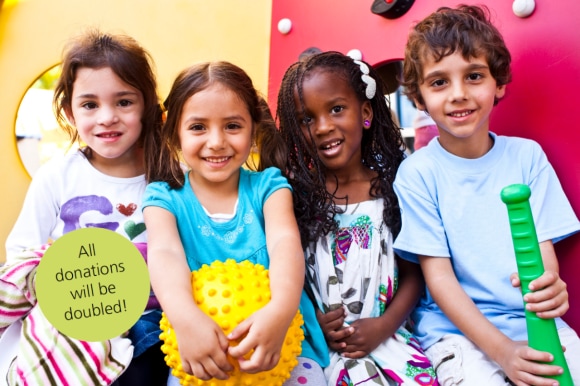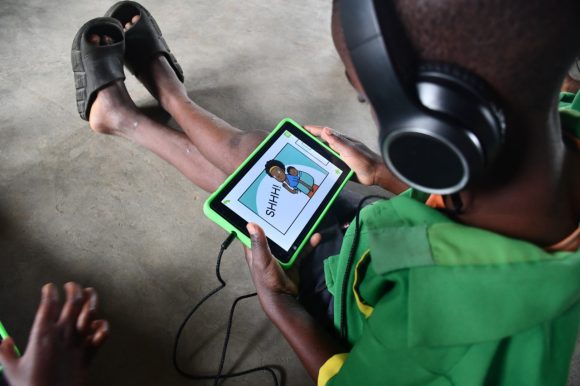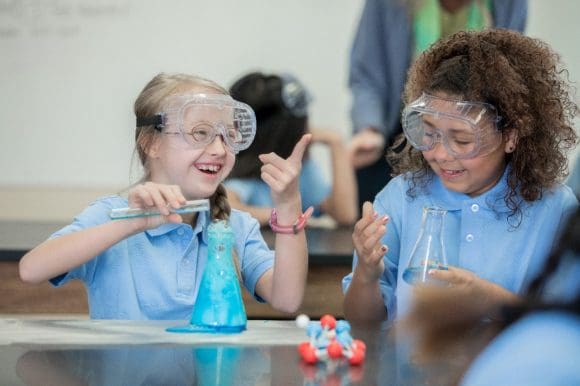UBS Optimus Foundation initiatives
In continuous development with our clients and partners, our strategies are guided by our theory of change and core competencies. These foundation initiatives define our approach and programmatic work. We apply these competences strategically across all our areas of work to enhance the impact of our donations, investments and efforts.
Education philanthropy
Climate and environment philanthropy
Humanitarian aid and disaster philanthropy
The social impact funds for our emergency response to humanitarian and disaster aid align with our routine portfolio of focus areas: healthHealthcare philanthropy from UBS Optimus Foundation, education education philanthropy from the UBS Optimus Foundationand climate Climate and environmental philanthropy from the UBS Optimus Foundationphilanthropy. This enables us to quickly and diligently grant funding to our existing, trusted partners. It also helps ensure that the UBS Optimus Foundation can both respond to the immediate crisis as well as the longer-term recovery and transition (back to) development. We particularly focus your investment on systems that affect children and families like health, education and social protection that can help in recovery and resilience.






